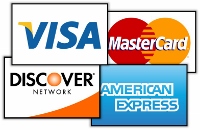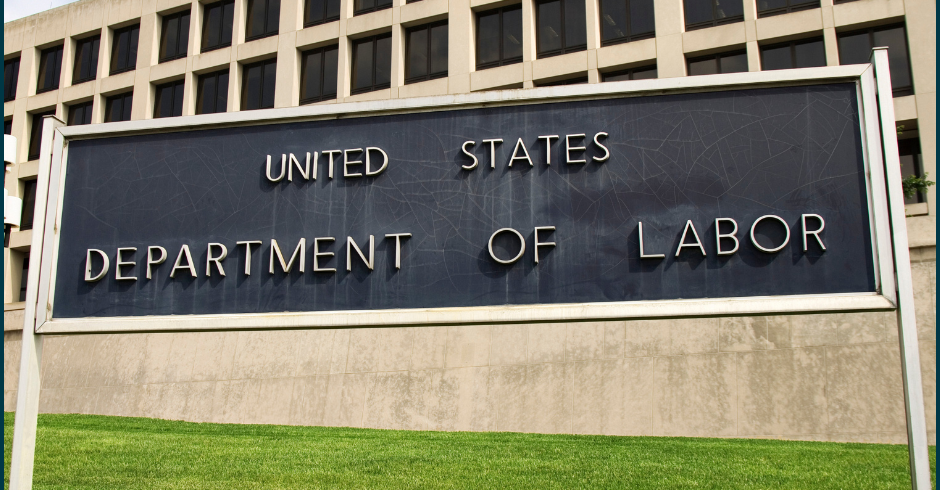On December 13, 2013,  U.S. District Court Judge John Gleeson approved a $5.7 billion settlement between Visa, MasterCard and U.S. merchants over allegations that the two companies were fixing the fees charged to merchants each time customers used their credit or debit cards. Visa and MasterCard were also accused of preventing merchants from steering customers to cheaper forms of payment. As a result of the recent ruling, retailers and merchants are now permitted to charge a payment surcharge, or “swipe fee,” to customer who choose to use Visa or MasterCard for payment.
U.S. District Court Judge John Gleeson approved a $5.7 billion settlement between Visa, MasterCard and U.S. merchants over allegations that the two companies were fixing the fees charged to merchants each time customers used their credit or debit cards. Visa and MasterCard were also accused of preventing merchants from steering customers to cheaper forms of payment. As a result of the recent ruling, retailers and merchants are now permitted to charge a payment surcharge, or “swipe fee,” to customer who choose to use Visa or MasterCard for payment.
As set for in Judge Gleeson’s opinion in In re Payment Card Interchange Fee and Merchant Discount Antitrust Litigation, U.S. District Court for the Eastern District of New York, No. 05-1720, the new surcharge system has four main requirements:
- Merchants may surcharge the full average discount fee incurred (as determined by the prior month or last 12 months);
- Merchants may surcharge brand-wide (e.g., all Visa or MasterCard credit cards administered by the merchant), or they can employ a more nuanced strategy and impose surcharges on one or more product groups (e.g. Visa Signature cards or MasterCard World Elite cards, which carry higher fees for many merchants);
- Merchants must disclose to consumers that the surcharge does not exceed the merchant’s cost of acceptance, and disclose the amount of the surcharge both before it is incurred and on the receipt; and
- If another more expensive network brand that the merchant accepts continues to restrict surcharging, the merchant may not surcharge Visa and MasterCard without also surcharging transactions on that competitor network. This is the “level-playing-field” provision.
Many merchants and retailers may be precluded from surcharging Visa and MasterCard if they also accept American Express. This is because American Express has rules that prohibit surcharging, and the “level-playing-field” provision noted above requires that all competitor networks be treated the same. Additionally, states such as California and Florida prohibit surcharging.
While the National Retail Federation has formally filed an appeal of Judge Gleeson’s settlement approval in an attempt to overturn the multi-billion dollar settlement, retailers may now make the business decision of whether to charge customers a swipe fee.
For additional information about the impacts of this decision on retailers and merchants, please contact KDDK attorney Ashley Bess at abess@KDDK.com or (812) 423-3183, or contact any member of the KDDK Business Law Practice Team.
About the Author

Ashley R. Bess, an attorney at Kahn, Dees, Donovan & Kahn, LLP (KDDK), in Evansville, Indiana, practices in the areas of business law, contract negotiation and creditors’ rights and collections. Ashley earned her B.S. in political science magna cum laude from the University of Evansville, and her J.D. magna cum laude from Valparaiso University School of Law.






